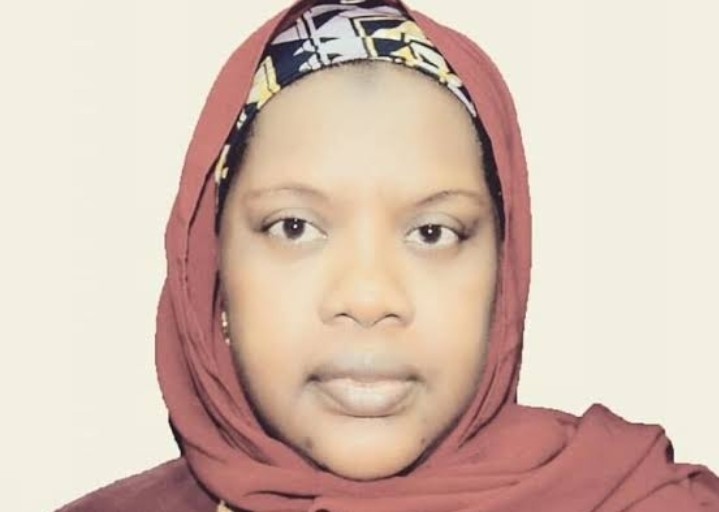I AM not a farmer, but my father was. He tilled the land with pride, planting seeds that sprouted into shoots, and from those shoots came the grains that fed our family, neighbours, and strangers alike. He even opened his vast farmland to others to cultivate during General Buhari’s administration in the 1980s, when hunger knocked at many doors.
As a child, I was enthralled by the earthy smell of wet soil after the season’s first rain, and by the breathtaking sight of green fields stretching out to the horizon. These were not mere sensations; they became my inheritance, engraved upon my heart as deeply as the furrows carved by my father’s hoe.
My siblings and I would tread behind him, our feet aching from the long walk through his farm, while he regaled us with tales of the farm and the land’s bounty. He would often say, “The land never betrays the hand that tends it faithfully.” I believed him, for I had seen the earth answer his labour with generosity.
I wish to tell you more about him and his farming activities, stories that still echo in our family, even dragging my siblings and me into courtrooms long after his passing. And still, the battle rages on. Yet before I unfold that painful scroll, let us halt and wrestle with a question that now hovers over our fields like a gathering storm: What is this GMC that has crept into our conversations, and why does it threaten the very lifeblood of Northern farming?
GMC, or Genetically Modified Crops, is being marketed as the magic cure for food insecurity. The promises sound enticing, with higher yields, pest resistance, and shorter harvest cycles. Yet behind this glitter lies a dangerous trap. For farmers in Northern Nigeria, GMC is not merely about seeds. It is about surrendering control of our food system.
If GMC takes hold, the smallholder farmer will no longer bend down with pride to sow his father’s inherited seeds. He will no longer save grain from this year’s harvest to plant the next season. Instead, he will bow, stretching out his hand each season to purchase costly seeds from foreign corporations, even borrowing money just to keep farming. What once passed freely from father to son will now be locked behind contracts, patents, and invoices.
And the trap tightens further. From my findings, these crops often require chemical fertilisers and pesticides supplied by the same companies that sell the seeds. This creates dependency, like tying the farmer’s hoe and basket with invisible chains. Profits will flow abroad, while the farmer remains poorer, hungrier, and at the mercy of market forces he cannot control.
I am no farmer today, yet in my small compound, I keep faith with the soil. I plant vegetables, fruit trees, and watch chickens chase one another in my compound. These humble acts keep me connected to my father’s legacy and the land’s dignity.
It also makes me understand why Northern farmers must think carefully before embracing GMC. Farming is not only about food; it is about heritage, independence, and survival. If we allow this Trojan horse to enter, we may one day find ourselves with full markets but empty freedoms.
So I ask again, what becomes of our farmers when they surrender their seeds, their soil, and their sovereignty to GMC? The debate is not merely about crops, it is also about our future.
Seeds are not just grains in the soil, they are stories of our fathers, mothers, and great-grandfathers. If we lose them to GMC, we lose a piece of ourselves. Once surrendered, such heritage may never return.
And remember, the man who sells his father’s farm to strangers will one day buy food with shame from the same stranger, or worse, beg for crumbs from the same stranger. Let us not trade our seeds for sorrow, nor allow foreign hands to dictate the future of our farms.
Because, in truth, a borrowed seed cannot give a lasting harvest. We must protect what is ours, preserve our dignity, and resist GMC before it undermines the very foundation of our food system.
I chose not to talk about the health implications here, because if we don’t start, we won’t be hit by what we may not be able to manage or control in the future.
- Mairo Mudi writes from Suleja, Niger State and she can be reached via mairommuhammad@gmail.com.







